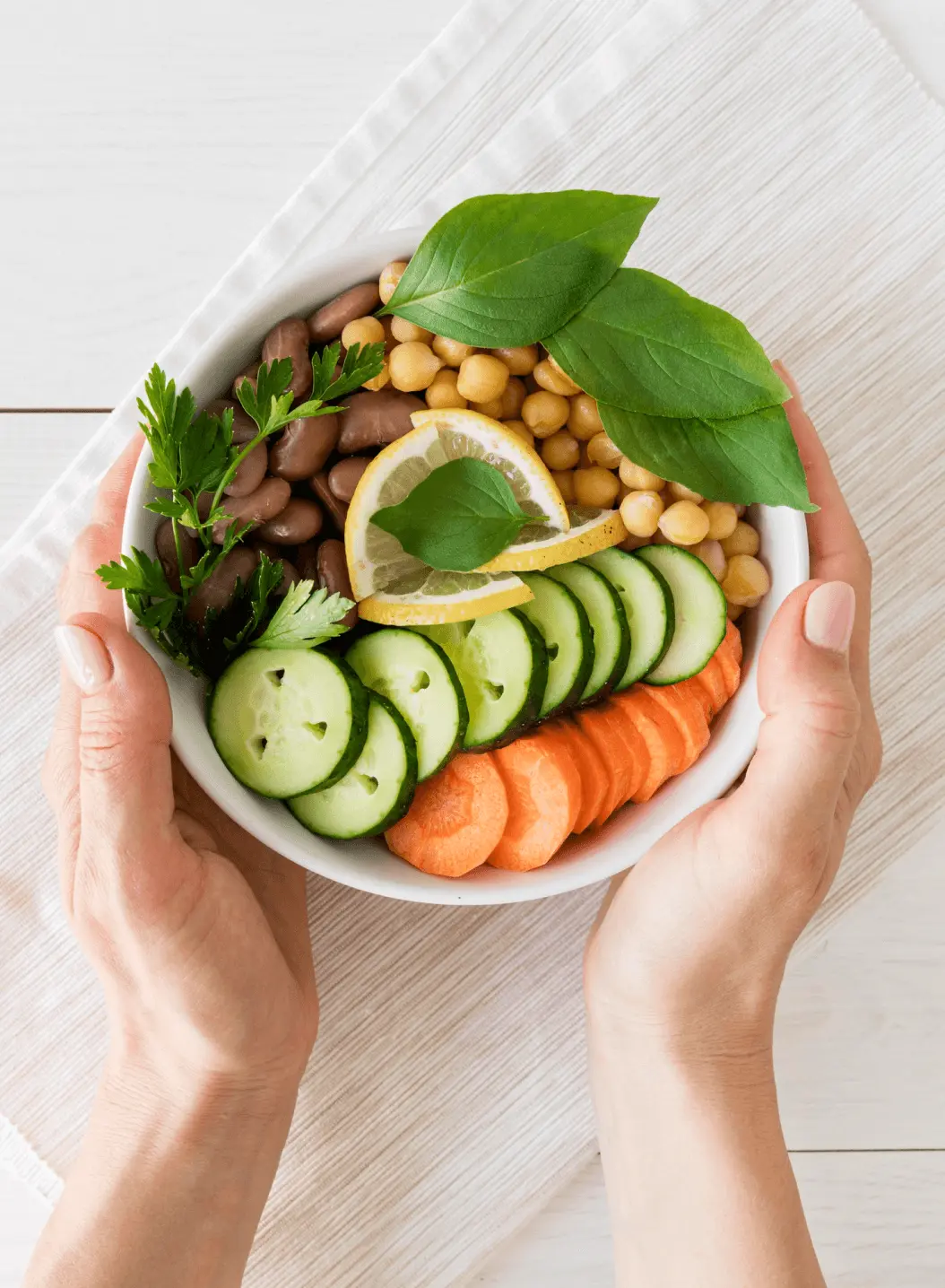Nutrition
Nutrition
Nutrition is a fundamental aspect of our daily lives, as it plays a critical role in maintaining our overall health and well-being. It involves the intake of various nutrients that our bodies require to function properly.
Importance of Nutrition:
1.Energy Source: Proper nutrition provides the body with the necessary calories to function. Carbohydrates, fats, and proteins are macronutrients that supply energy.
2.Growth and Repair: Proteins, vitamins, and minerals are vital for the growth, maintenance, and repair of tissues and cells.
3.Immune System: A well-balanced diet with essential nutrients like vitamins A, C, D, and zinc can boost the immune system and help the body fight infections.
4.Digestive Health: Fiber aids in digestion, prevents constipation, and supports a healthy gut microbiome.
5.Weight Management: Balancing calorie intake and physical activity is key to achieving and maintaining a healthy weight.
Types of Nutrients

Carbohydrates
Provide energy and include sugars, starches, and fiber.

Proteins
Essential for muscle growth and repair, as well as enzyme and hormone production.

Fats
Necessary for energy, cell membrane structure, and the absorption of fat-soluble vitamins.

Vitamins
Organic compounds that play various roles in metabolism, growth, and overall health. Examples include vitamin A, C, D, and B-complex vitamins.

Minerals
Inorganic nutrients essential for various bodily functions, such as calcium for bone health, iron for oxygen transport, and potassium for nerve function.

Water
Vital for every bodily function, as it maintains temperature, removes waste, and acts as a solvent for nutrients.
Health tips
1.Balanced Diet: Consume a variety of foods from all food groups to ensure you get a wide range of nutrients.
2.Portion Control: Be mindful of portion sizes to avoid overeating.
3.Hydration: Drink plenty of water throughout the day to stay hydrated.
4.Limit Processed Foods: Reduce intake of highly processed and sugary foods, which can lead to health issues.
5.Fruits and Vegetables: Aim for colorful fruits and vegetables for a rich source of vitamins, minerals, and antioxidants.
6.Lean Proteins: Choose lean sources of protein like poultry, fish, legumes, and tofu.
7.Whole Grains: Opt for whole grains like brown rice, quinoa, and whole wheat bread for added fiber and nutrients.

